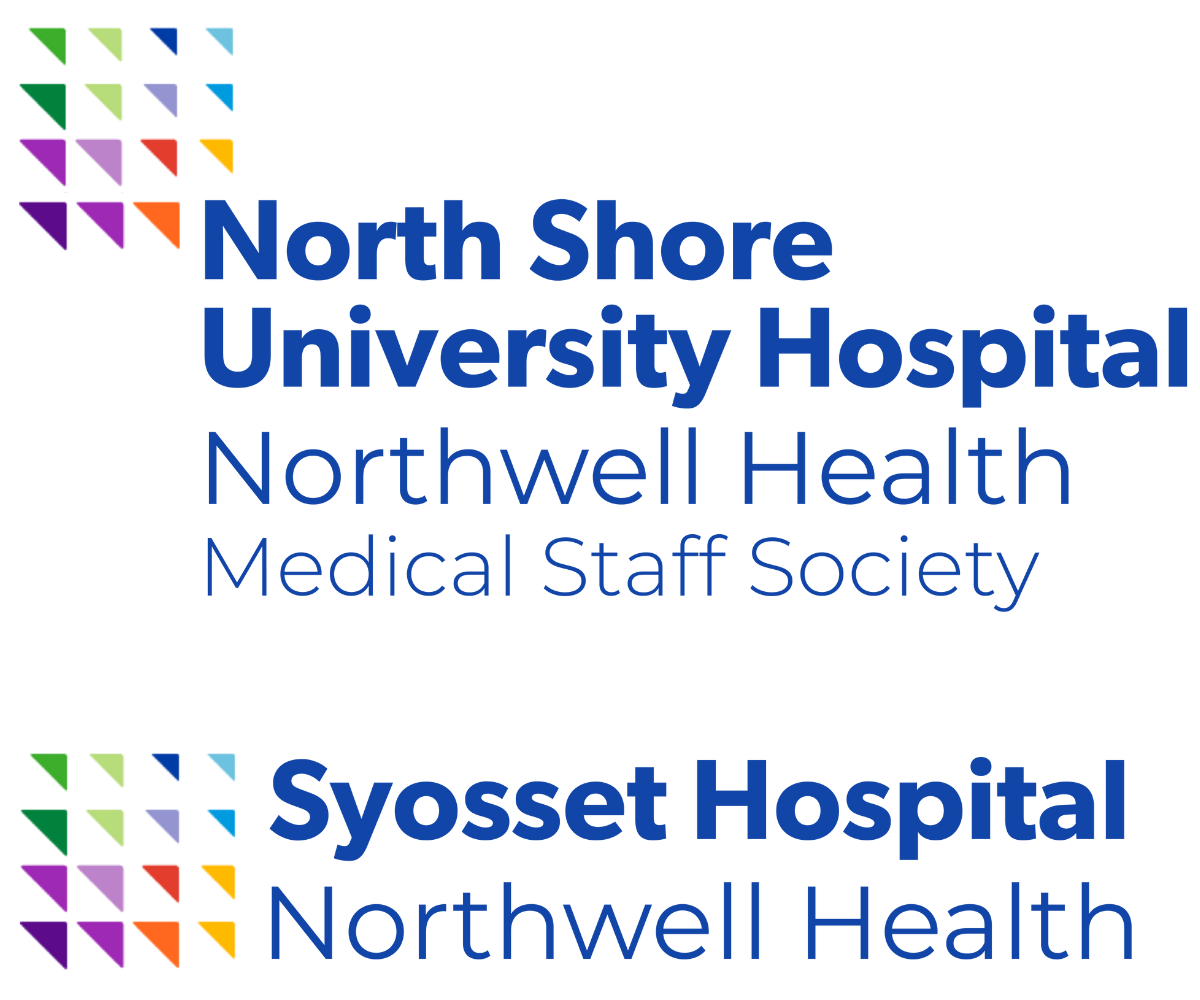A heart-healthy lifestyle is important for everyone, especially for healthcare professionals who work tirelessly to care for others. At Northwell Medical Staff Society, we understand the importance of maintaining good health and well-being. A heart-healthy lifestyle isn’t just about preventing disease—it’s about thriving both personally and professionally. Here’s how you can build and maintain a heart-healthy lifestyle. At Northwell Medical Staff Society, North Shore University Hospital, we can help you today!
Understanding the Impact of Heart Health At North Shore University Hospital
Heart disease remains the leading cause of death globally, and healthcare professionals are not exempt from this risk. The stress, long hours, and demanding schedules inherent in the medical field can contribute to poor heart health if not managed properly. Understanding the risks and taking proactive steps is crucial for preventing heart disease and promoting overall wellness.
Nutrition: The Foundation of Heart Health
Nutrition plays a pivotal role in maintaining heart health. A balanced diet rich in essential nutrients can help reduce the risk of heart disease and promote overall well-being. Here are some dietary guidelines to follow:
- Prioritize Whole Foods: Opt for whole, unprocessed foods like fruits, vegetables, whole grains, and lean proteins. These foods are packed with nutrients and free from harmful additives.
- Healthy Fats Matter: Incorporate healthy fats, such as those found in avocados, nuts, seeds, and olive oil, while limiting saturated fats from red meat and full-fat dairy products. Avoid trans fats altogether, as they are linked to heart disease.
- High Fiber Intake: Fiber is crucial for heart health. Foods like oats, beans, fruits, and vegetables help lower cholesterol levels and improve digestion.
- Watch Your Sodium: High sodium intake can lead to hypertension, a significant risk factor for heart disease. Aim to consume less than 2,300 milligrams of sodium and be mindful of hidden sodium in processed foods.
Physical Activity: A Key to Cardiovascular Wellness
Regular physical activity is essential for a healthy heart. It helps control weight, reduce blood pressure, improve cholesterol levels, and alleviate stress. For busy healthcare professionals, finding time to exercise can be challenging. Here’s how you can incorporate physical activity into your routine:
- Start Small: If you’re new to exercise or short on time, start with small, manageable goals. Even a 10-15 minute walk during your break can make a difference.
- Incorporate Variety: Mix different types of exercises to keep things interesting. Cardiovascular exercises like running, swimming, or cycling, combined with strength training and flexibility exercises, provide comprehensive benefits.
- Engage Socially: Exercise with colleagues or family members. This not only makes physical activity more enjoyable but also fosters a supportive environment for achieving your health goals.
Stress Management and Mental Well-being
The high-pressure environment of healthcare can lead to chronic stress, which negatively impacts heart health. Managing stress is essential for preventing heart disease and promoting overall wellness. Here are some strategies to consider:
- Mindfulness Practices: Techniques like meditation, deep breathing, and yoga can help reduce stress levels and improve heart health.
- Prioritize Sleep: Quality sleep is vital for heart health. Aim for 7-9 hours of sleep per night to help your body recover and function optimally.
- Seek Support: If you’re feeling overwhelmed, don’t hesitate to seek professional support. Counseling, therapy, or talking with a trusted colleague can help manage stress effectively.
Regular Check-Ups: Early Detection and Prevention At
North Shore University Hospital
Regular health check-ups are crucial for early detection and prevention of heart disease. As healthcare professionals, there are excellent resources at North Shore University Hospital. Take advantage of these resources by scheduling routine screenings for blood pressure, cholesterol levels, and other heart-related indicators.
Contact North Shore University Hospital Medical Staff Society Today!
Building a heart-healthy lifestyle is a journey that requires commitment, but the rewards are well worth the effort. By focusing on nutrition, incorporating regular physical activity, managing stress, and staying vigilant with health check-ups, you can significantly enhance your cardiovascular health and overall well-being. Together, we can lead by example and promote a culture of wellness at North Shore University Hospital. Contact our NSUH Medical Staff Society team to learn more about how we can help!


